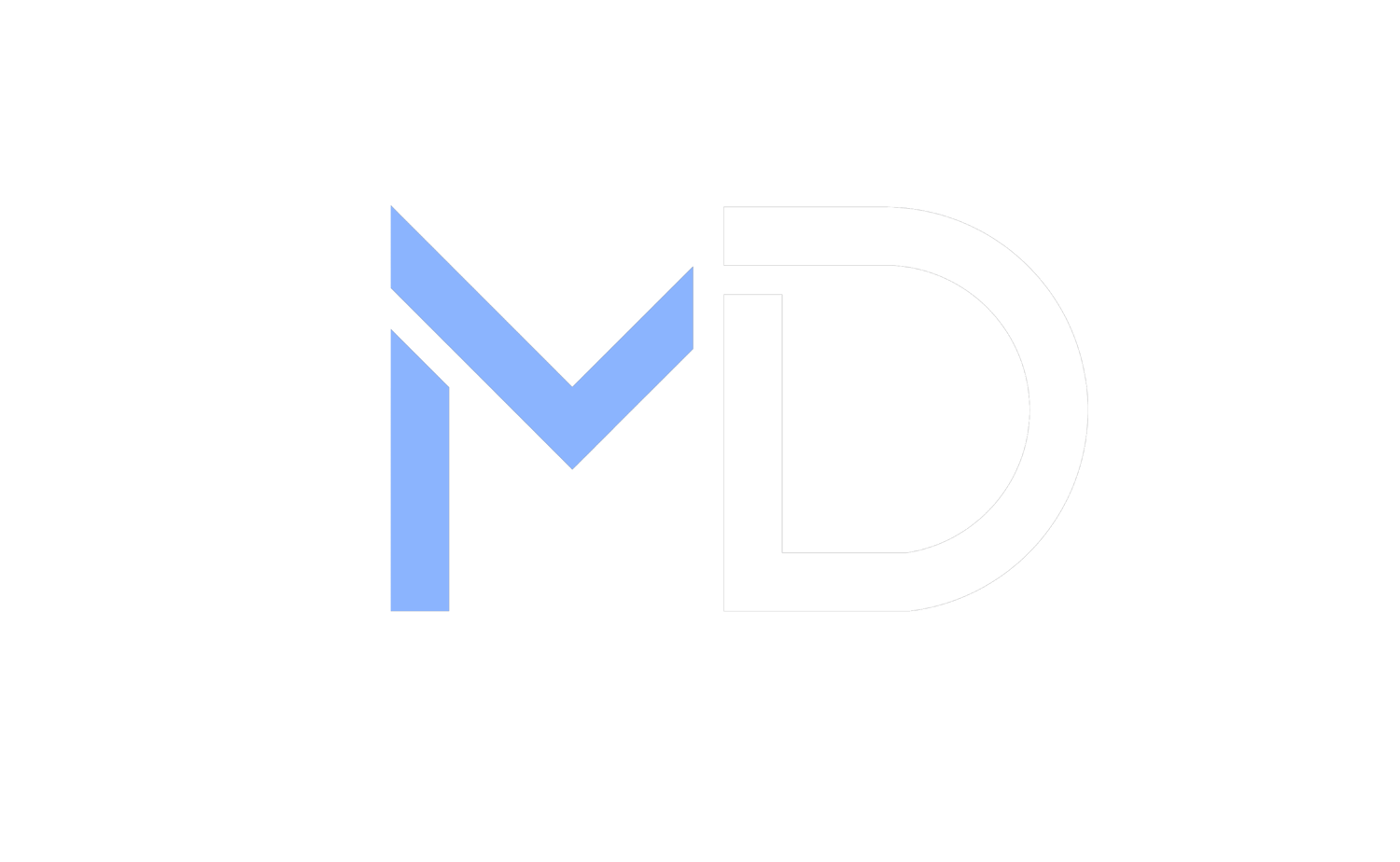Traditional construction contracts, complex and paper-heavy, can feel more like battlegrounds than blueprints for collaboration. But within the realm of technology, a beacon of hope shines: blockchain, a transformative force poised to revolutionize construction contracts with its unwavering commitment to transparency and trust.
The Trust Deficit in Construction Contracts
Picture a project plagued by misinterpretations, hidden costs, and finger-pointing disputes. This, unfortunately, is not an uncommon scene in the world of construction contracts.
Lack of transparency breeds suspicion, and ambiguities in agreements open the door to misunderstandings and delays. Imagine the millions lost due to contractual hiccups, the projects teetering on the brink of collapse because of misplaced trust. The construction industry desperately needs a new paradigm, a system that promotes openness, accountability, and collaboration – enter blockchain.
Understanding Blockchain Technology: A Foundation of Trust
Think of blockchain as a digital ledger, an immutable record of every transaction, accessible to all stakeholders. Its secrets lie in decentralization: no single entity controls the information, eliminating the risk of manipulation.
Imagine critical contract terms etched in an indelible digital stone, visible to everyone under the construction sun. Then there are smart contracts, self-executing agreements triggered by pre-defined conditions.
Picture automatic payments upon completion of milestones, eliminating human error and fostering trustful automation. Blockchain brings cryptographic security to the party, ensuring data integrity and accountability in every step of the contractual journey.

Smart Contracts: Building on a Bedrock of Transparency
These self-executing agreements, powered by blockchain, eliminate the need for intermediaries and streamline contractual processes.
Picture automated payments when materials arrive, instant documentation of change orders, and real-time tracking of project progress. Disputes become relics of the past, replaced by a system that fosters trust and ensures everyone plays by the transparent rules of the blockchain game.
Transparency in Supply Chain and Procurement
The murky waters of construction supply chains often conceal hidden costs and questionable practices. But blockchain shines a light into these depths, illuminating every movement of materials and certifications.
Imagine tracking concrete batches from quarry to construction site, tracing the pedigree of each steel beam, and ensuring ethical sourcing throughout the procurement process. Blockchain brings accountability to the supply chain, building trust and confidence among stakeholders.
Mitigating Disputes and Enhancing Project Management
Picture a construction project flowing smoothly, disputes dissolving before they fester. This is the promise of blockchain's transparency in project management. Real-time updates, accessible to all stakeholders, keep everyone on the same page.
Imagine project documents and communications securely stored on the blockchain, accessible with a click, eliminating confusion and wasted time. Blockchain empowers informed decision-making, minimizes room for error, and lays the foundation for a collaborative and efficient project journey.
Building with Blockchain Bricks
The promise of blockchain is not just theory; it's already reshaping real-world projects. Consider these examples:
● Dubai Smart City: Construction contracts for Phase 2 are powered by blockchain, ensuring efficient document management, accelerated approvals, and enhanced transparency for government and contractors.
● Accenture and Arcadis: A pilot project in the Netherlands utilized blockchain to streamline procurement processes, reducing paperwork and boosting collaboration between stakeholders.
These success stories pave the way for widespread adoption and highlight the tangible benefits of building contracts on the bedrock of blockchain.
Addressing Concerns and Challenges
Like any transformative technology, blockchain faces its hurdles. Concerns regarding scalability, standardization, and regulatory implications are valid considerations. However, the industry is actively addressing these challenges:
● Scalability: Efforts are underway to develop next-generation blockchain platforms capable of handling the complex demands of large-scale construction projects.
● Standardization: Industry leaders are collaborating to establish common protocols and data formats for seamless integration across different blockchain platforms.
● Regulations: Governments are increasingly recognizing the potential of blockchain and taking steps to create supportive regulatory frameworks.
Future Possibilities
Imagine construction contracts infused with the intelligence of artificial intelligence (AI). Blockchain provides the secure, transparent platform, while AI adds a layer of predictive analytics and decision-making capabilities.
Picture smart contracts learning from project data, adapting to changing circumstances, and optimizing procurement processes in real-time.
The construction industry stands at a crossroads. The technology is here, the potential is evident, and the choice is ours.



